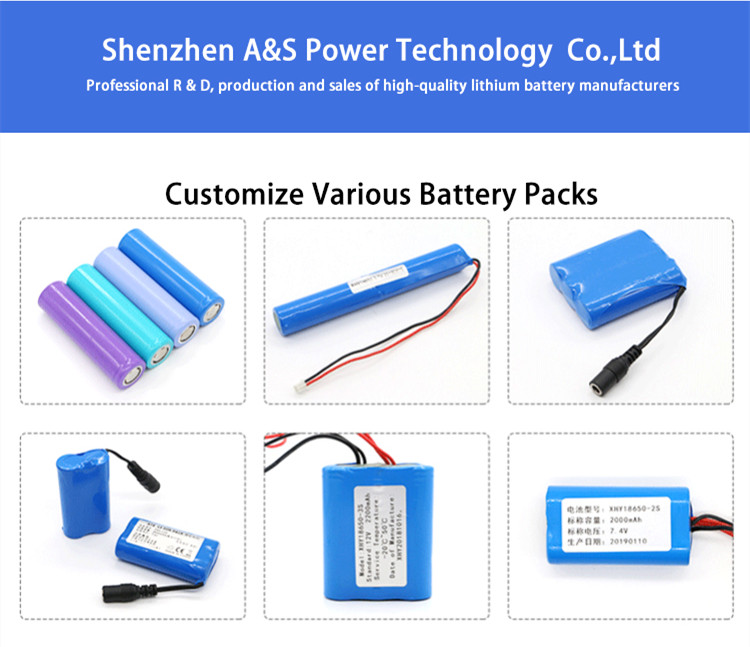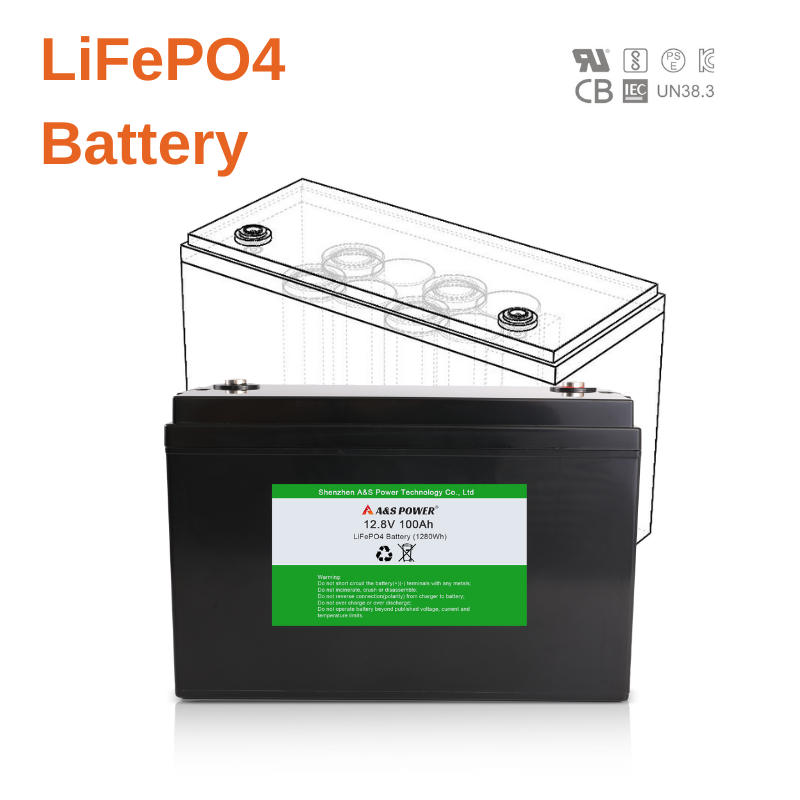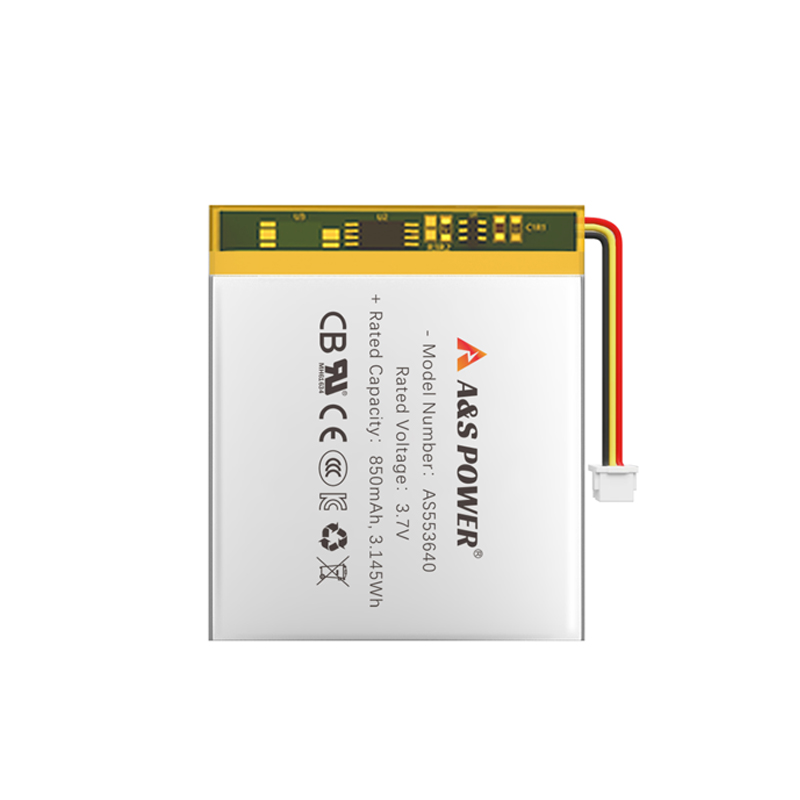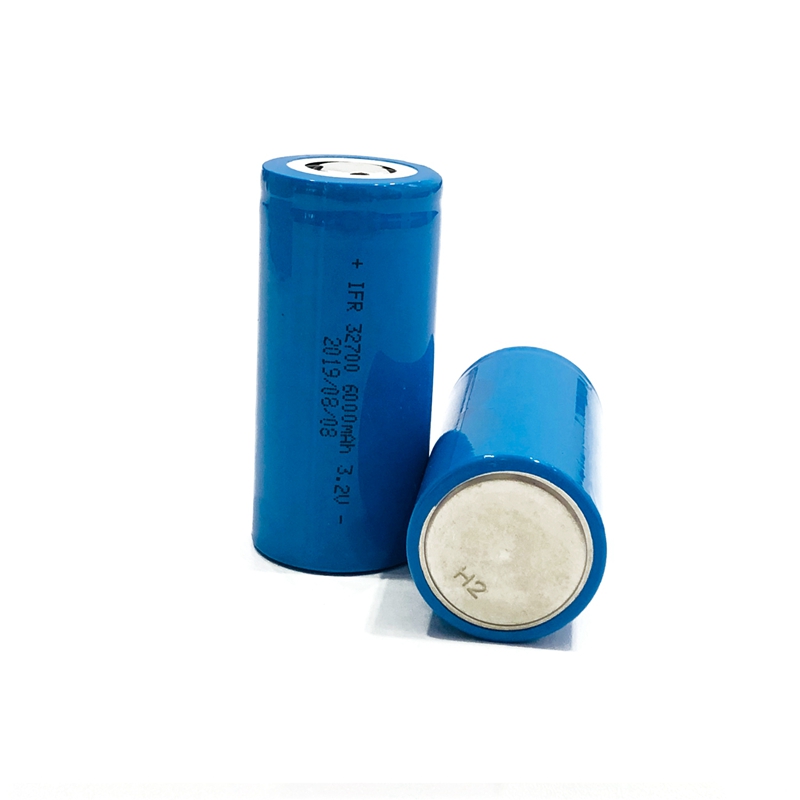Battery
Application
Hot product
Contact us
Five differences between lithium-ion batteries and nickel-metal hydride batteries
2022-06-08
Five differences between lithium-ion batteries and nickel-metal hydride batteries
Lithium-ion battery as a battery concept is not later than
nickel-cadmium battery, but its practical application is relatively late. Due to the active chemical properties of lithium element, it has potential safety hazards in production, use and transportation. Relying on scientific and technological progress to gradually relieve pressure, lithium-ion batteries have become the mainstream of modern battery technology.
In practical applications, lithium-ion batteries are actually developed on the basis of gradually surpassing nickel-hydrogen batteries. The overall advantages of lithium-ion batteries are convenience and durability.
1. High energy density

2. Self-discharge
Self-discharge is when a battery loses power when not in use. Ni-MH batteries and lithium-ion batteries do not have a large amount of self-discharge, but self-discharge of Ni-MH batteries is relatively common, and self-discharge will shorten the battery life and terminate early. Therefore, about a decade ago, low self-discharge NiMH batteries were a bright spot in the promotion of NiMH batteries, while Li-ion batteries have almost negligible self-discharge due to natural differences in chemistry due to the materials used.
3. No memory effect
NiMH batteries have obvious memory effect. Human memory is the impression left by the brain, and the same is true for nickel-metal hydride batteries. If the discharge is incomplete or the charging is not satisfactory, the battery will only remember the incomplete and unsatisfactory state for a long time. The performance of the application is capacity decay. Not so with lithium-ion batteries. Therefore, the NiMH battery needs to be thoroughly deep discharged every once in a while to clear the leftover memory, and the Li-ion battery can be recharged at any time.
4. High charge and discharge platform
The voltage of a single Li-ion battery is 3.6V, and the voltage of a single NiMH battery is 1.2V. Lithium-ion batteries are charged by setting the terminal voltage, usually a 4.2v monomer, and nickel-metal hydride batteries have no voltage rise and fall. The charging method for Li-ion batteries is called voltage and current limiting (voltage and current), while NiMH batteries have a low voltage plateau and are usually charged by constant current (constant current). Li-Ion battery chargers and NiMH battery chargers cannot be used together because the charging methods are different.
5. Specification specificity
NiMH batteries are often referred to as NiMH batteries, while Li-Ion batteries are rarely referred to as NiMH batteries. This is because lithium-ion batteries are mainly used in products with large market capacity. If they are applied to products with small market capacity, not only are there technical problems, but also cost allocation is also a problem.
Lithium-ion battery as a battery concept is not later than
nickel-cadmium battery, but its practical application is relatively late. Due to the active chemical properties of lithium element, it has potential safety hazards in production, use and transportation. Relying on scientific and technological progress to gradually relieve pressure, lithium-ion batteries have become the mainstream of modern battery technology.
In practical applications, lithium-ion batteries are actually developed on the basis of gradually surpassing nickel-hydrogen batteries. The overall advantages of lithium-ion batteries are convenience and durability.
1. High energy density
The volume of Ni-MH battery is between Ni-Cd battery and Li-ion battery, which reflects the product nature of Ni-MH battery. Lithium-ion batteries are three times more powerful than nickel-metal hydride batteries due to the difference in energy density, which is the amount of energy stored in the same volume.

2. Self-discharge
Self-discharge is when a battery loses power when not in use. Ni-MH batteries and lithium-ion batteries do not have a large amount of self-discharge, but self-discharge of Ni-MH batteries is relatively common, and self-discharge will shorten the battery life and terminate early. Therefore, about a decade ago, low self-discharge NiMH batteries were a bright spot in the promotion of NiMH batteries, while Li-ion batteries have almost negligible self-discharge due to natural differences in chemistry due to the materials used.
3. No memory effect
NiMH batteries have obvious memory effect. Human memory is the impression left by the brain, and the same is true for nickel-metal hydride batteries. If the discharge is incomplete or the charging is not satisfactory, the battery will only remember the incomplete and unsatisfactory state for a long time. The performance of the application is capacity decay. Not so with lithium-ion batteries. Therefore, the NiMH battery needs to be thoroughly deep discharged every once in a while to clear the leftover memory, and the Li-ion battery can be recharged at any time.
4. High charge and discharge platform
The voltage of a single Li-ion battery is 3.6V, and the voltage of a single NiMH battery is 1.2V. Lithium-ion batteries are charged by setting the terminal voltage, usually a 4.2v monomer, and nickel-metal hydride batteries have no voltage rise and fall. The charging method for Li-ion batteries is called voltage and current limiting (voltage and current), while NiMH batteries have a low voltage plateau and are usually charged by constant current (constant current). Li-Ion battery chargers and NiMH battery chargers cannot be used together because the charging methods are different.
5. Specification specificity
NiMH batteries are often referred to as NiMH batteries, while Li-Ion batteries are rarely referred to as NiMH batteries. This is because lithium-ion batteries are mainly used in products with large market capacity. If they are applied to products with small market capacity, not only are there technical problems, but also cost allocation is also a problem.
Follow us and explore more! 👉 Facebook











